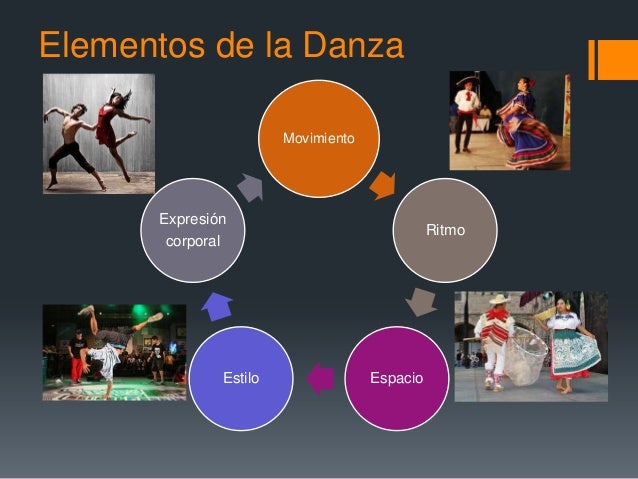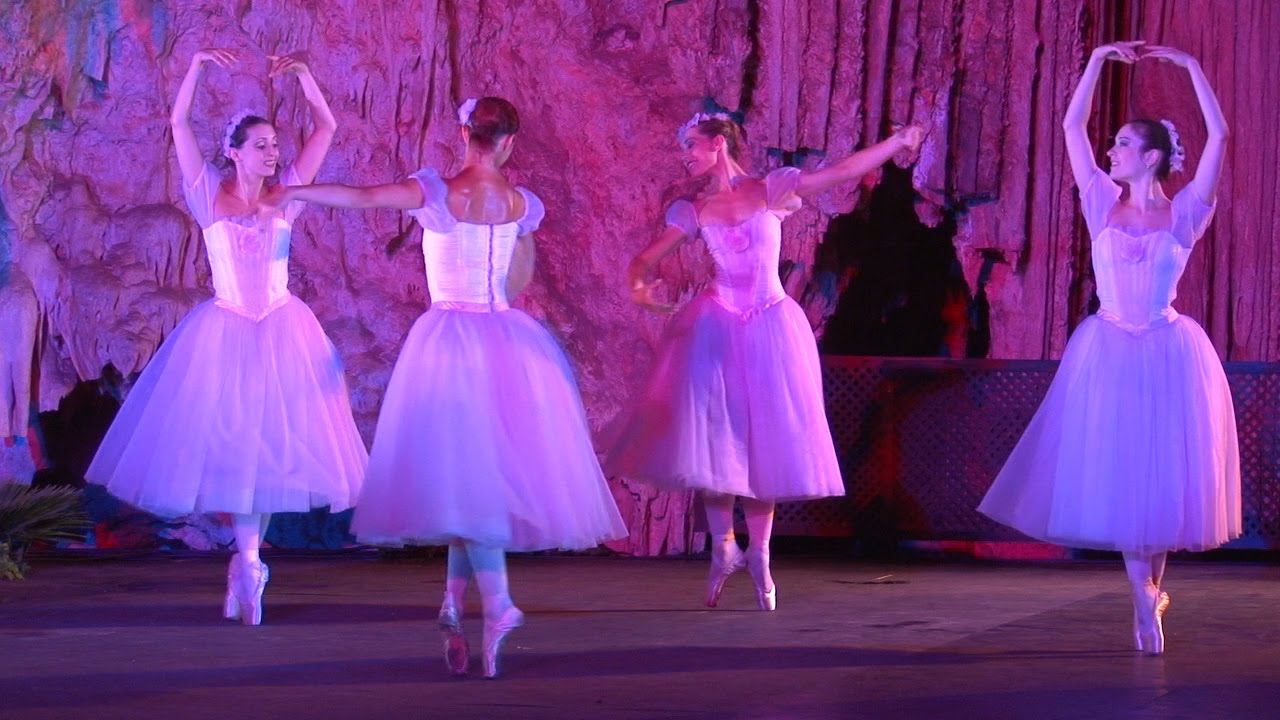

A samba note mixed with electric guitar is samba-rock. In contemporaneity we note a profusion of musical projects focused on “remaking” and thinking of the possibilities of Black Brazilian music to fuse it with the tone of the context and amplify the permanent capacity of invention. Black music recreated within and outside of these contextualized structures configures this trans condition as a prefix to connote variants of the act of belonging simultaneously within cultural memory, as well as “behind it,” “next to it,” or “through it.” The strength of this cultural memory which accomplishes to unite ancestrality and modernity constitutes the identity sign of Black music and its artists. This implies the correlation of practice with the trans-essential, aside from the experimental. The experience in which music becomes a protagonist justifies the activism of Tia Ciata, one of the preceptors of this genre, after she opened her home’s doors for samba reunions while it was still banned by the law. In this sense, the state of Black experimental music breaks with technical aspects or certain institutionalized conditionings, and is instead linked with a trans-existential level, associated with indivisibility. If the Black poet is samba, it implies that music exists in a high level of personification which goes beyond the existential condition of the subject, near to a relation of artivist phenomena. Eu sou o rei do terreiro, fragment from the samba by José Flores De Jesús, which in a symbolic sense can be related with a poetical-political act of identity reconstruction in the face of racist hegemony. This capacity to synthetize and interact gives sound a diverse meaning which we can consider a trans-sound in constant reinvention, which directly depends on a state of being experienced with the present, through involuntary acts, with no calculation, nor disposition to linearity.īlack music is converted into vivencias (experiences) and recognizes the lament of a poet from the favela who sings: Eu sou o samba, a voz do morro sou eu mesmo, sim senhor. Samba, for example, follows the variations within dance, voice, and instruments, which equally exist in sync to create a condition of personification between subject and sonorous object, like the case of the cuíca, an instrument of African origin, which attempts to imitate human voice in the form of growling or moaning through its tones a rhythmic ostinato is then established between voice and instrument.

The history of Brazilian music itself demonstrates this hybrid sense in a profusion of reinvented sonorous phenomena.


 0 kommentar(er)
0 kommentar(er)
